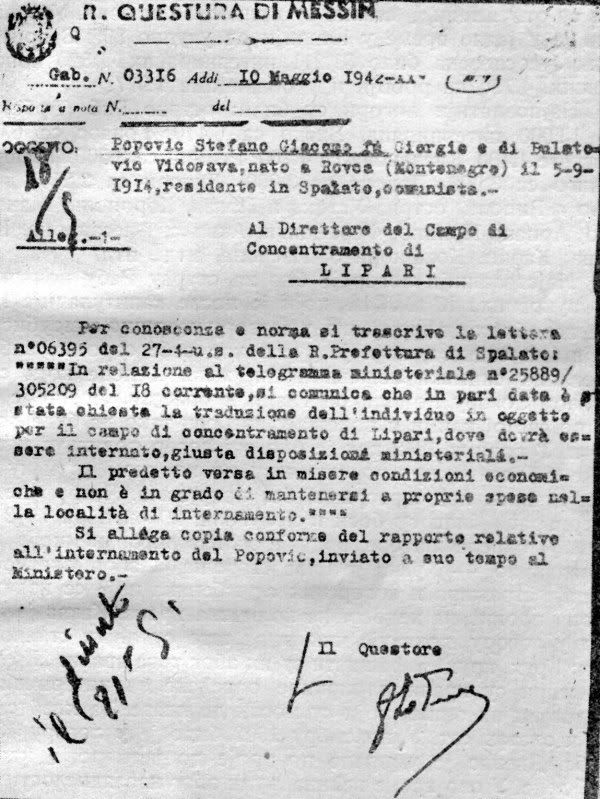It’s good to know that there is something tangible awaiting an old official traveler when his relaxation is roughly uncertain. I just cant thank you enough for this opportunity, honorable ladies and gentlemen. 
But the law may not be universal.
I really don’t know much about legal situation in Australia, my dear Mr. Rising Sun, but as far as I know certain laws are absolutely unified and universal even today. For example, food laws in the EU insist that the consumer must be informed of all artificial substances in a product. All ingredients, including additives from either man-made or natural sources must be declared on the label in every single country. Certain potentially dangerous substances added to flavor, color or volume increase are also universally prohibited (Diethylstilbestrol, for example).
So the law which regulates society is not the same law for the same person in transactions which are identical save for the status of the other party… There’s not much sense or universal fairness in a legal system which grants or removes legal rights by looking at the status of one of the parties.
I absolutely agree with you upon that, but yet again we have some countering examples which are connected with the promises the merchant makes, either in his advertising or in the guarantee that he offers to assure you that the particular item will serve the required purpose. In the case of the unconditional warranty, for example, the dealer is stating that your dishwasher will work to your satisfaction for one year. If it doesn’t, you can choose to have him either replace it with a matching article or to give you back your money. No legal “ifs” or “buts”, and no “special statuses.” 
250 kw, not hp. That’s about 335 hp. Anyway, I’m looking at getting only 240kw / 320 hp, because I value and want to maintain my environmental credibility
Oh, silly me! I’m glad you told me. Well, I wish you, my dear Sir, a great deal of fun with your brand new Kenworth Pilgrimage. :lol:
But nobody knows what the law is in a given case until the judge’s decision is delivered.
Furthermore - only for the time being, my esteemed colleague! As you know, the court may later reverse its own decision, or we, the people may overrule the courts judgment by constitutional amendment, and, as we do know, any law contrary to the constitution is void. Quite a nice mess, isn’t it? 
But despite all that the law is not certain.
Law does not exist in the abstract, my dear Mr. Rising Sun. Nor does it consist of absolute or immutable rules. It always was and still is a product of constantly changing human relations. Traffic rules, for example, have changed considerably since the days of the one-hoss shay, and even today the rules must vary from throughways to city streets, from mountain roads to desert flats.
In a democracy, the laws presumably reflect what the majority of people believe is right or good for the greatest number. However, having read this far you will be on guard against presumptions of this sort. You know, the government itself, under separation of powers, may have not one, but several wills – especially if the executive and the legislature are under separate party management, or if the judiciary consists mainly of the appointees of the preceding administration. Moreover, organized and articulate minority groups, rather than an amorphous and incoherent majority, normally formulate the law and determine how it will be enforced in the areas of their special interest.
That’s why Aristotelian ethics is so important, since the firmament of law, embedded in ethics, is vastly greater and more intricate than could ever be devised by any government.
But what if the “elected government” was elected fraudulently, as many in the world are?
No problem at all, my dear Mr. Rising Sun: in that case we shall employ our dearly beloved Election law for the clarification of all those uncertain electoral affairs in a given country - election methods, principles of participation in the elections, voting system, existence of imposition of any kind of direct or indirect restriction on voters or candidates, etc, etc.
Where is the legitimacy in an illegitimate government applying the criminal law to opponents trying to overthrow it, which is often the case with revolutionary movements?
Legitimacy is absent if there is no popular and valid consent of the governed. It is the only legitimate basis of power, and this proposition implies the right of revolution. The enduring appeal of the Declaration of Independence, for example, spring from this immortal legal proposition “That whenever any Form of Government becomes destructive of these ends , it is the Right of the people to alter or to abolish it, and to institute new Government.”
But there must be strongly conclusive evidence that the accused actually is guilty, and each one element of the charge must be proved. 
Don’t hold your breath waiting.
Oh, don’t worry, my dear Mr. Rising Sun – I am a very patient man, and – as you already do know, patience is a poultice for all wounds.
This is an enjoyable debate. I think it occurs primarily because I am coming from a pragmatic practitioner’s viewpoint and I think you are coming more from a highly informed jurisprudential viewpoint.
Thank you very much for this truly heartwarming compliment, my dear Mr. Rising Sun. Our dialog indeed was very joyful, because your input was always filled with deeply thoughtful utterance, crammed with knowledge and garnished with strong common sense. If we can envision that day when - like in the 1946 film masterpiece Stairway to Heaven - the ultimate jury, citizens from all over the world will sit in judgment on a case tried in front of the universal court, it will be my privilege, dear Sir, to serve with You there. 
You see, I have the impression that people usually tend to rise to the occasion when they have someone who truly believes in their capabilities. Perhaps we just need some mutual encouragement to show us who we really are deep inside.
But before that, my esteemed colleague, I think that we will have to put some effort here toward clarification of certain laws that govern the giving of evidence in the courtroom, generally known as the Laws of evidence. These have evolved over one thousand years for the ultimate protection off all parties in a dispute, and – quite surprisingly – even for establishment of the truth. You did your part tremendously well. Now it is time for the old representative of the Crown. 
Firstly, we have to emphasize one general rule which is particularly important in all legal issues – the fact that hearsay will not be permitted as evidence, because the original speaker is not in the witness box under oath. Because of that inexorable legal obligation, which is absolutely universal in all legal systems of the world, we have constant obligation to claim only what we can prove with items of tangible evidence. Of course, another extremely important legal fact is that the burden of proof always lies upon him who affirms, and not upon him who denies. Consequently, we must claim only what we can prove, and we must be prepared to prove everything what we are claiming.
Now, let’s apply all these previously mentioned legal propositions to certain claims previously already mentioned in this thread, for example, upon this one:
As for the Italians and the soviets for which it seems to me you try to glorify if we compare them there is one big major difference - Italians : no Gulags , no NKVD…
You see, if someone is a properly trained governmental official, who conducts criminal prosecutions on behalf of the state, you have to put direct evidence before the jury to prove the alleged crime in all its elements and beyond reasonable doubt. In that case you will present to the court something like this:

Officially issued Order of Deportation to the concentration camp on the Island of Lipari issued in case of Mr. Stevan Popovic, natural born non-combatant citizen of Yugoslavia. Reason for deportation: membership in political party
After that, you will be completely able to provide evidence for existence of the system with approx. 200 concentration camps (Campo di Concentramento) for the internment of political prisoners, civilians and Jews, with the annual mortality rate of about 18 %, primarily caused by diseases, malnutrition and forced labor.
Perhaps this slightly desiccated, tedious, but highly failsafe and retentive method will be utilizable in the main case of this thread as well.
In the meantime, as always - all the best! 








